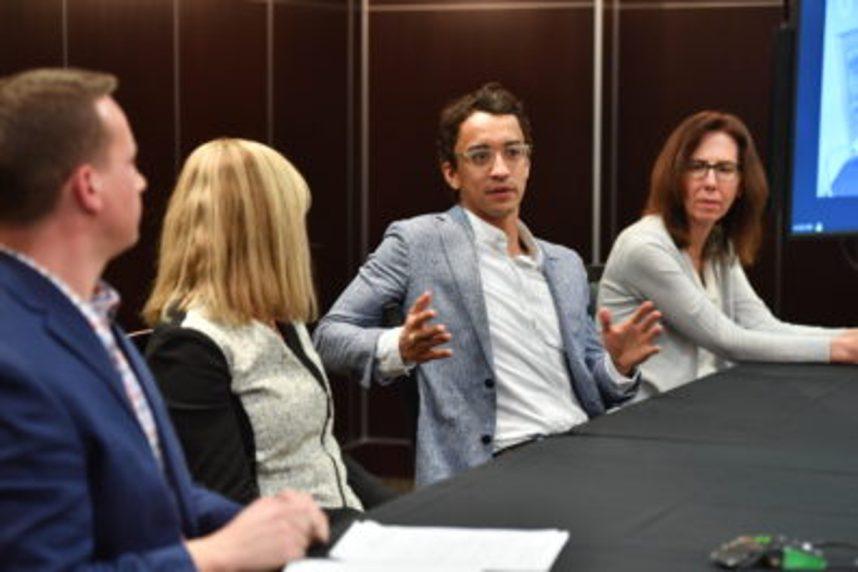Responsible Gaming Education Month: Examining the Effectiveness of Responsible Gambling Programs
Posted on: September 14, 2023, 02:46h. Last updated on: September 14, 2023, 02:47h.
September is Responsible Gaming Education Month (RGEM), an annual initiative from the American Gaming Association that highlights and promotes the commercial and tribal gaming industries’ responsible gaming efforts. But a professor at Washington State University with a focus on gaming economics writes this week that regulation when it comes to gambling disorders largely isn’t working.

Kahlil Philander is an assistant professor at Washington State University’s School of Hospitality Business Management. Philander holds a Ph.D. from the University of Nevada, Las Vegas (UNLV), an MA in economics from the University of Toronto, and a bachelor’s with honors in finance from the University of British Columbia.
After his lengthy studies, Philander served as the director of social responsibility at the British Columbia Lottery Corporation (BCLC) where he oversaw the GameSense program, a responsible gaming initiative developed by the BCLC that has since been deployed by MGM Resorts across its US portfolio.
MGM this month announced it would place GameSense messaging inside the nine NFL stadiums where its BetMGM sportsbook will advertise this year.
Mounting Risk: Gambling Disorder & the Need for Responsible Gaming Innovation
In an op-ed published in GGB News, a weekly online newsletter published by Global Gaming Business, Philander argues that the US’ fragmented approach to responsible gaming, with each state having its own rules on safeguarding consumers, isn’t in the best interest of players. Philander likens the current regulatory environment to what caused the 2008 financial crisis — “a misalignment of incentives” where banks were motivated to take enormous risks “without bearing the full consequences of their actions.”
Philander believes that as long as gambling operators meet their narrow regulatory obligations, they are free to trade securities without due concern for the systemic risk they are creating for the industry.
The gaming economics professor argues that responsible gambling programs need to go beyond warning labels on physical machines and time/deposit limits for online operators. He advocates for incentivizing responsible conduct and developing a system to reward operators for implementing effective responsible gaming strategies.
Encouraging Responsible Gaming Through Incentives
Philander suggests that regulators should consider implementing punishments for bad behavior and rewards for good behavior in the gaming industry. He acknowledges the challenges of creating such a system but believes it could lead to continual improvement.
Currently, regulators impose fines on operators found in violation of responsible gaming protocols. Philander proposes exploring ways to incentivize operators to strengthen their own responsible gaming efforts without relying solely on regulatory mandates.
To determine which operators are leading in terms of addressing problem gambling, Philander suggests utilizing scientific and data-backed approaches, such as conducting annual studies to estimate the share of revenue derived from patrons with gambling disorders.
Ultimately, Philander believes that aligning the interests of gambling operators with the public good requires a multi-faceted approach and continual improvement in intervention strategies.
A recent study from the American Gaming Association found that the majority of gamblers are aware of responsible gaming programs and believe they encourage safe play.


